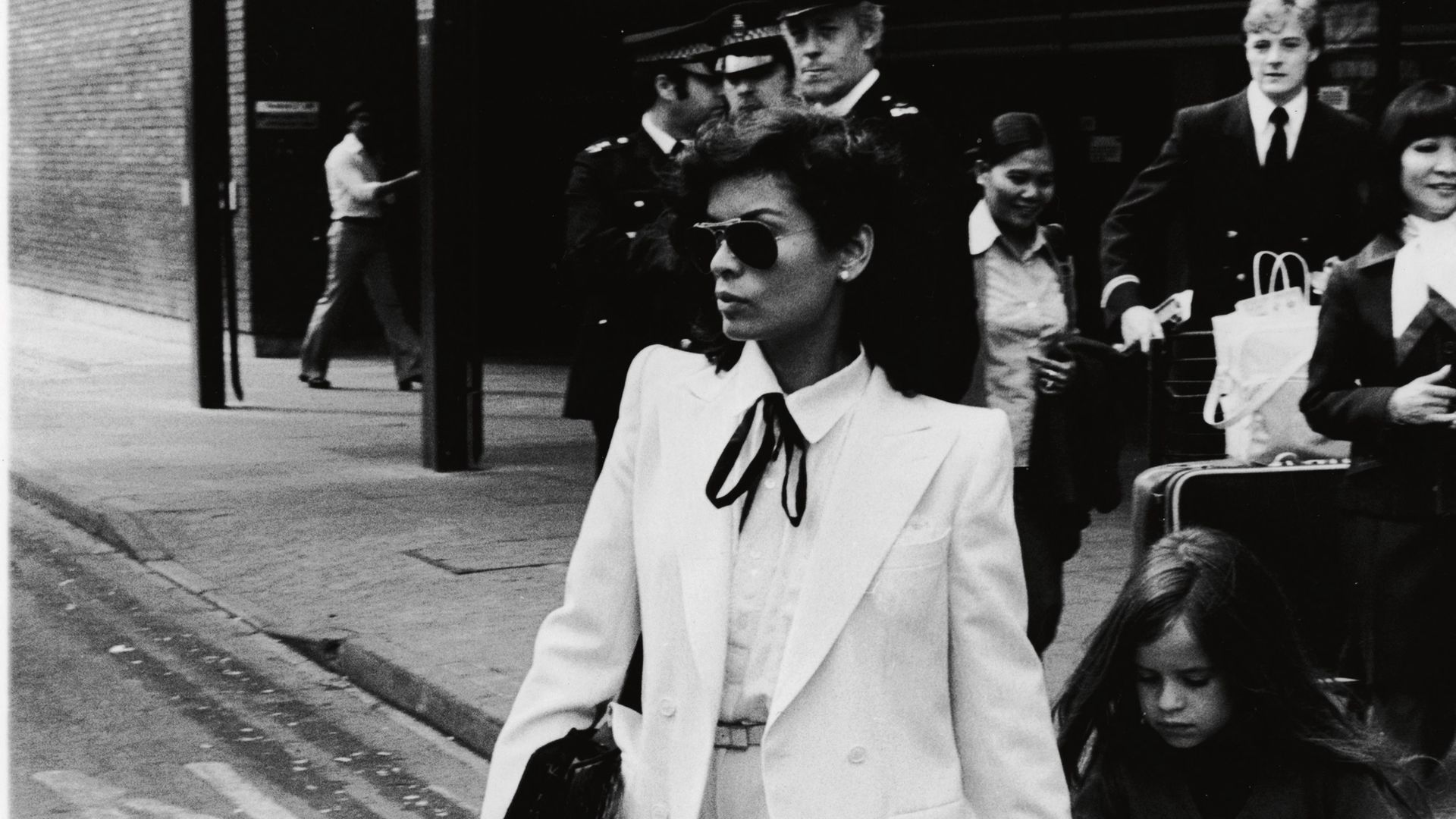
Is this addiction-recovery concierge service the future of retreats?
SilverBell Global prides itself on its novel approach to healing, and a country estate in Northamptonshire is where we find out more…
- Words By Madeleine Spencer
I’m sitting alone at a sun-glazed breakfast table in The Falcon at Castle Ashby, Northamptonshire, taking part in SilverBell Global’s East Meets West & Beyond retreat week. The worldwide group provides a range of personalised support, care and intervention strategies for a diverse range of clients.
The food in front of me is locally sourced, the belly of my eggs a rich marigold, the accompanying vegetables undeniably fresh, their colours a rainbow underneath the bright light of the morning. Being alone while eating an exceptionally healthy diet under these circumstances isn’t novel. As a journalist who spends a lot of time reviewing retreats, I often find myself sitting solo making notes, digesting both the food and my thoughts before trotting off for a tranquil massage or some gong therapy. What happened next, however, was rather more unusual. While I was scrutinising the attendees (a group comprised of for mer clients and SilverBell’s practitioners), a man politely asked if I might want some company. His manner wasn’t pushy, the question genuinely an enquiry. I got the impression that if I responded to say that I’d rather be alone, it would be accepted with out a whisper of offence. But I said yes, and so began a conversation that to me epitomised why SilverBell’s approach is so highly in demand.
It started with a simple “What brings you here?”, progressed though politeness into something more confessional, and ended with me realising that despite disparities in our gender, situations, backgrounds and vocation, this man and I shared a commonality that made the conversation flow long after my breakfast had been (mindfully, as suggested) polished off.
He was, it transpired, one of SilverBell’s support companions. His role is to move in with a client who’s requested this particular service, and by virtue of his presence, help them feel secure, safe and soothed — and to model healthy, sober habits. During our interaction, I felt as if some kind of scaffolding had been erected under me, allowing me to pour out the kind of truths I wouldn’t ordinarily share with a stranger. I left with a sense of how liberating and potentially life-altering being around someone like this after relinquishing substances must be.
It is that stage — the putting down of whatever clients are addicted to and return ing to a ‘normal’ life — that is rife with challenges. While rehab may offer structure, returning to the world often presents all the problems that existed prior and, without substances involved, they can seem insurmountable. The SilverBell model aims to provide ongoing support to bridge that gap between rehab and returning to life.
Founder and CEO of SilverBell Global, Natasha, sat in the grounds of Castle Ashby during downtime at the retreat
There is one moment that Natasha Silver Bell, who founded the eponymous company, credits with helping her to realise the significance of someone simply being there, and seeing her. She was in an abusive relationship, pregnant with her abuser’s child, and would walk daily to the local shop in New York, where she lived. A bagger at the store, Mohammed, realising how nervous she was and noticing that something was awry in her life, would walk her home. He didn’t ask her any questions, even when she neared the door and the fear of the repercussions of having another man walk with her must’ve been palpable. For her, his silent presence gave her strength at her lowest ebb — the guiding principle of SilverBell Global.
This theme of setting up strong foundations ran consistently here. For those at the retreat, comprised of former or long-term clients, equilibrium has been found, but the quest for a deeper understanding and of how to heal wounds, remains. Indeed the workshops were often as valuable for me as a non-addict, as it was for all of them.
At a workshop hosted by one of SilverBell’s network — the chartered psychologist Fiona McKinney — I found myself being swept from the fringes right into the workshop in which she guided us. Moving from the surface self into what Fiona described as the soul presence, I felt a yearning that she explained has accompanied humans throughout our history. I made reams of notes, as thoughts and revelations were popping freely into my head.
"I felt a yearning that she explained has accompanied humans throughout our history."
Much is made of a higher power through out the talks and workshops. For the more secular attendees, this took the form of a sense of shared consciousness, and a sort of spiritual matting lying beneath time and circumstance. It was something McKinney referred to as the sense of wanting to run to wards, of feeling something or someone that unequivocally has a place in your life without necessarily filling a vacant role. For Rev. Canon Frog Orr-Ewing, that higher power is God and, despite having been a staunch atheist for most my adult life, the points he raised piqued my interest. I ordered a Bible on the journey home out of curiosity, to see if something in its pages would provide an anchor for me while navigating this life.
Many of those surrounding me at the retreat told me that religion has been a crucial factor to them remaining sober, providing solace but also direction and purpose. I wondered if many of the steps fundamental to recovering from addiction are now applicable to those of us living in cities, for whom feeling isolated and lonely, despite living cheek to jowl, is common. I found therapist Dr Virginia Graham, another expert on site during my visit, par ticularly interesting. An authority in addiction recovery, she similarly espoused the virtues of either a faith or sense of higher power in making profound changes. “In or der to recover, you need to believe the world and reality can be different — and faith of some sort is essential to that.”
There’s a section in Jude the Obscure by Thomas Hardy, the book I packed to re-read at the retreat, in which this exchange takes place: “You must make up your mind to avoid strong drink.” To which Jude replies, “I could avoid that easily enough, if I had any kind of hope to support me.” If unacquainted with the story, know that while drink doesn’t fell Jude, his life spirals into misery and the book ends with his death. He harbours hope of another life, but lives in a time before that is enough to have any impact beyond leaving his inner and outer lives astonishingly incongruous. SilverBell Global’s endeavour is testament to the fact that with hope, along with the right support, life can be turned around for the better.
